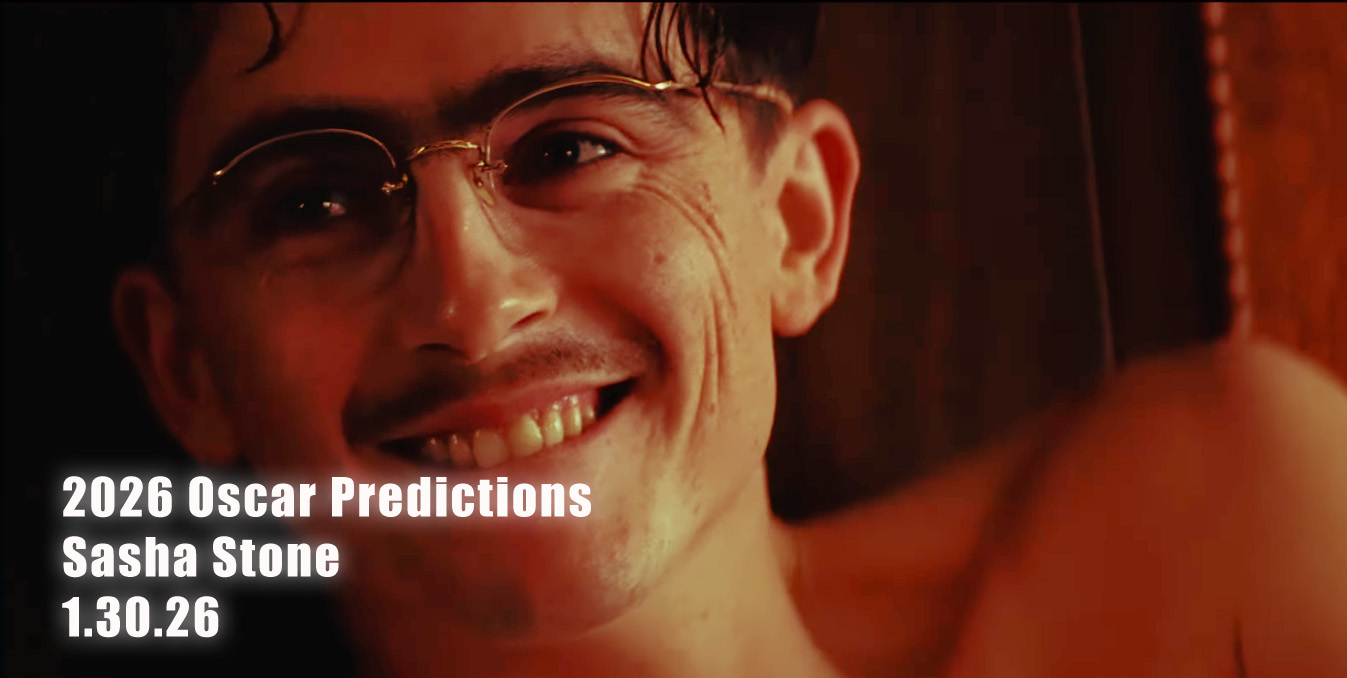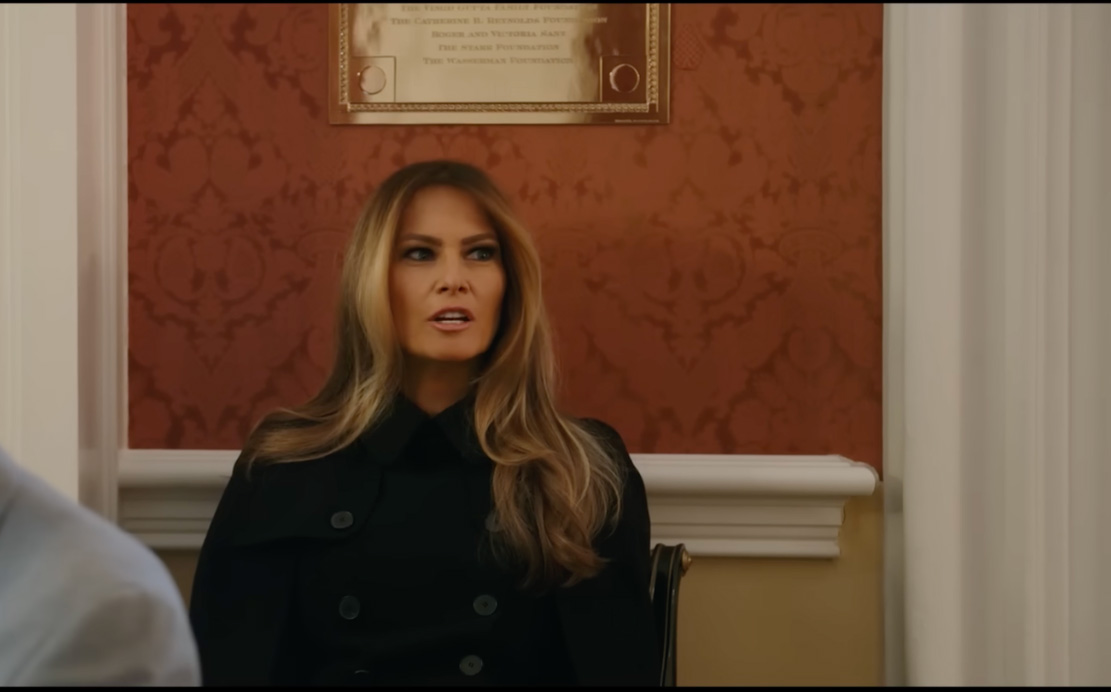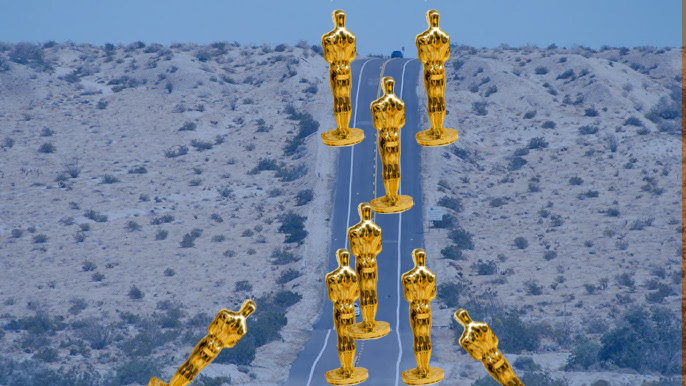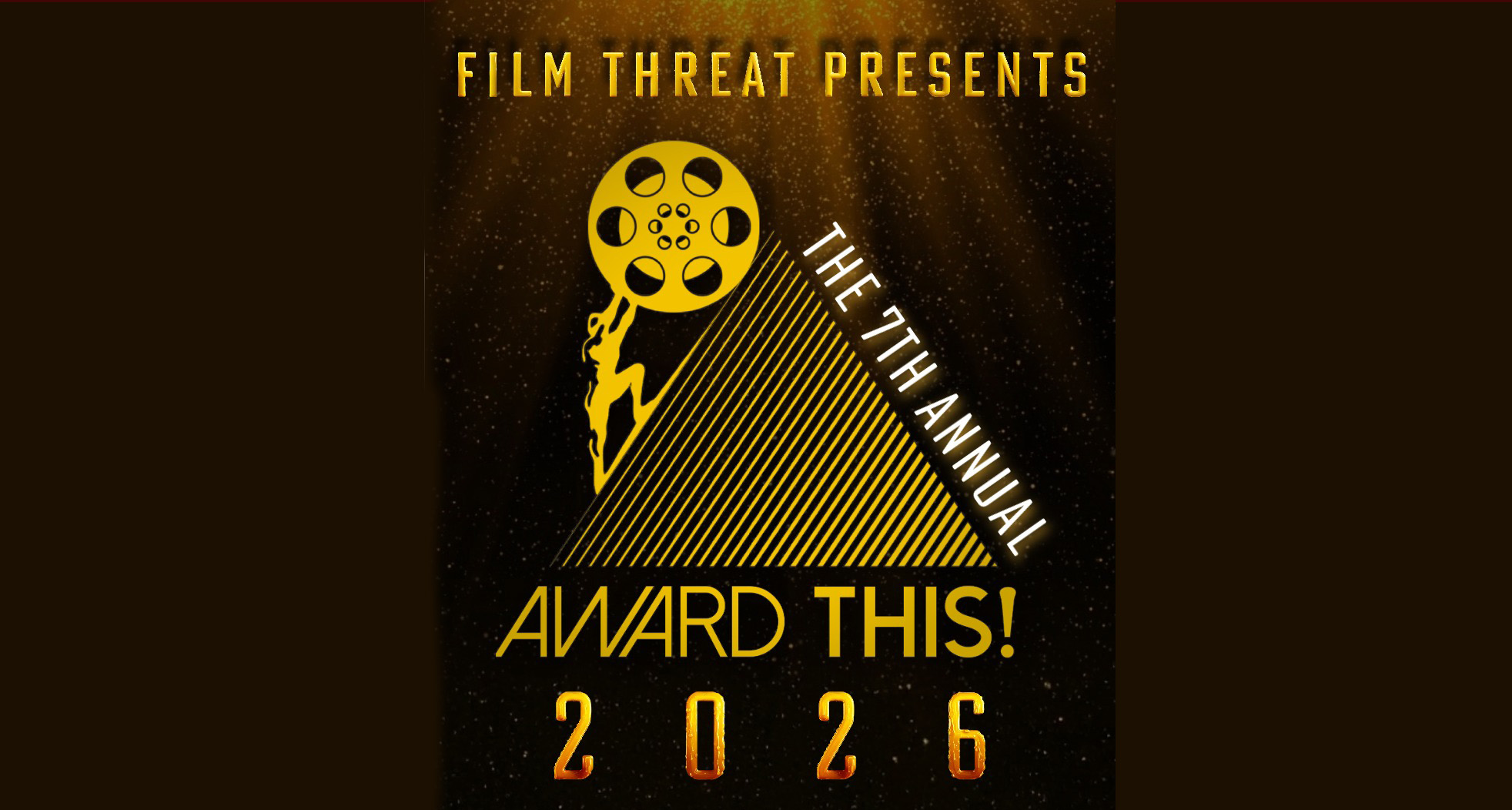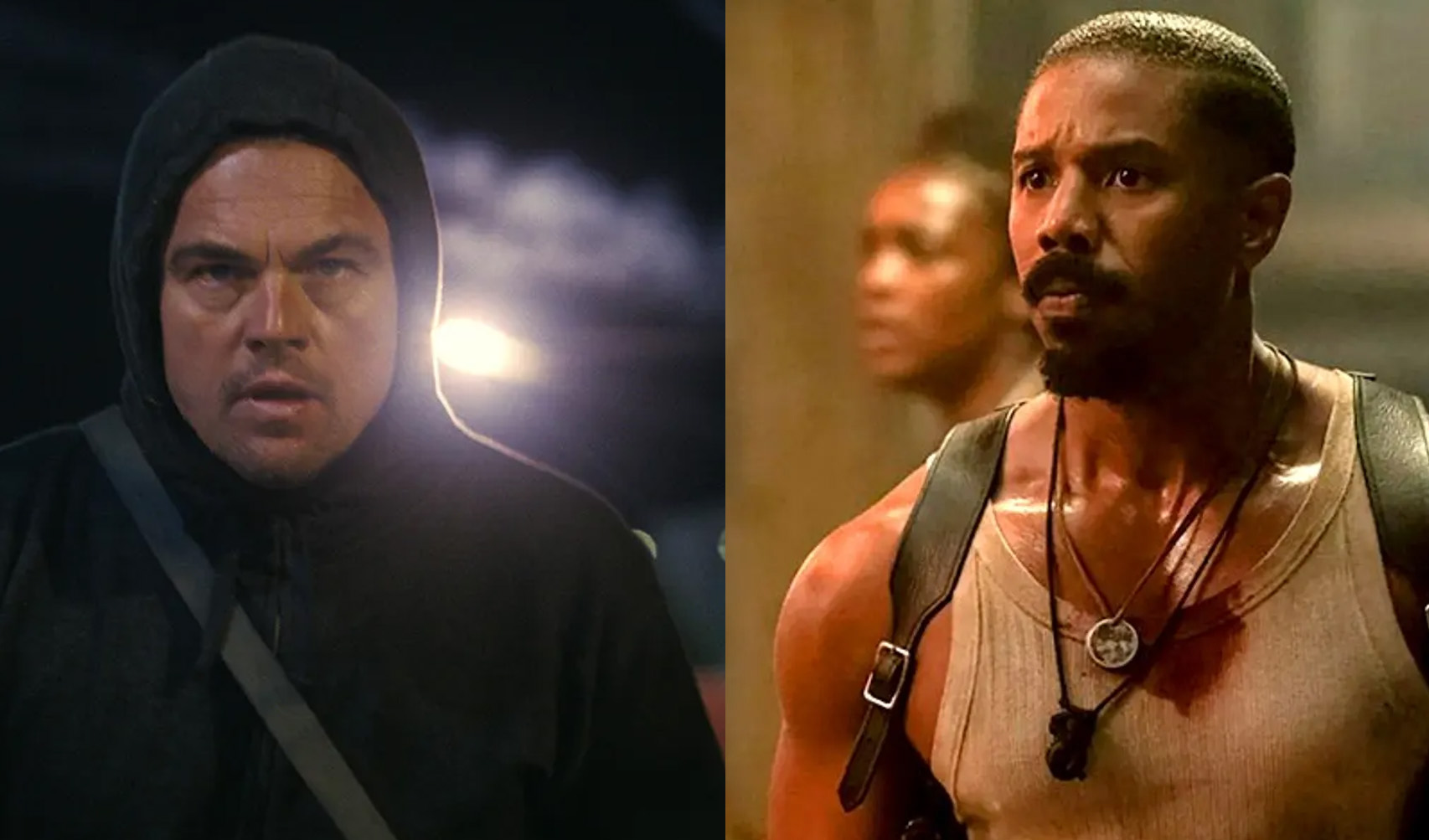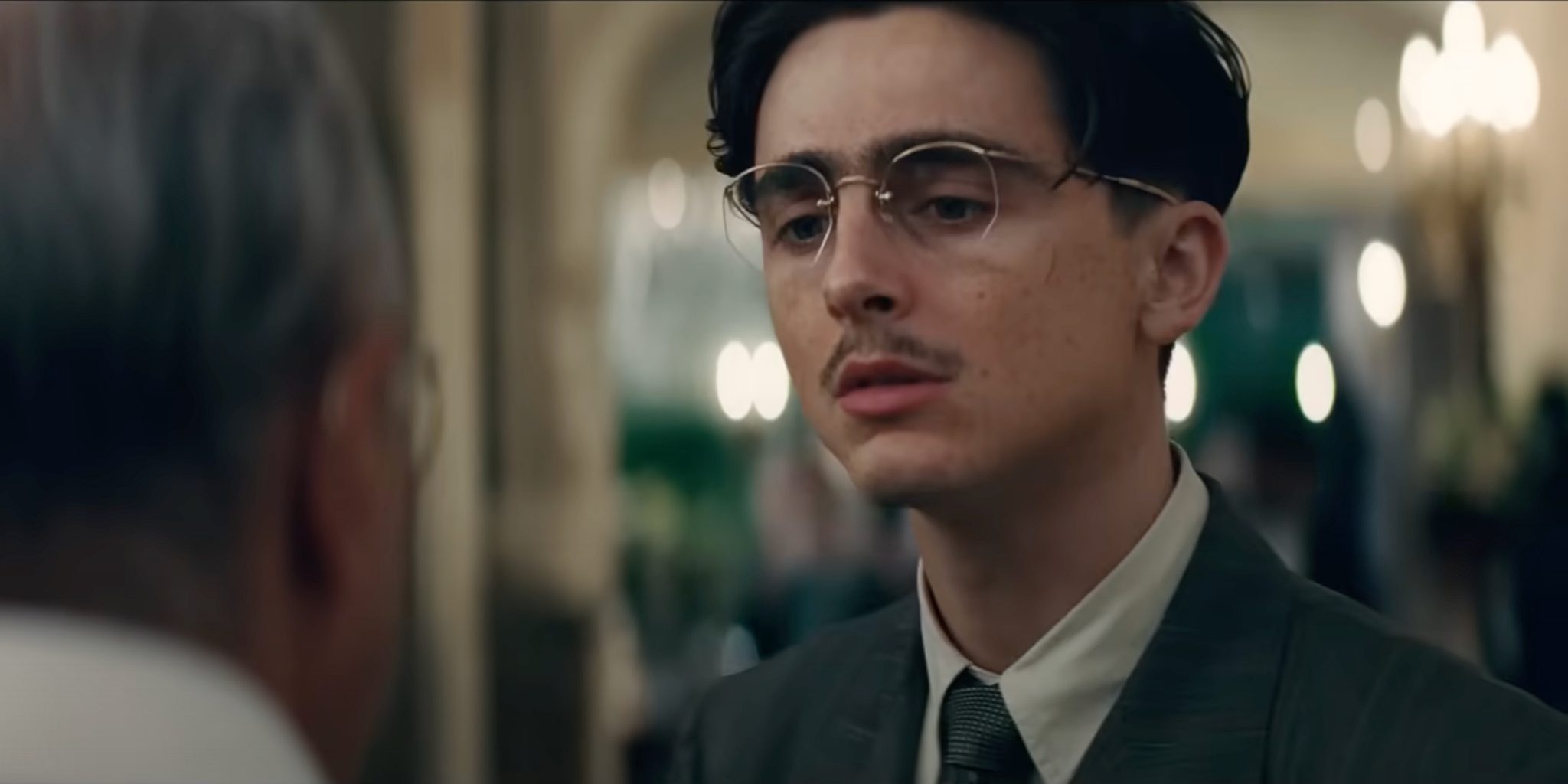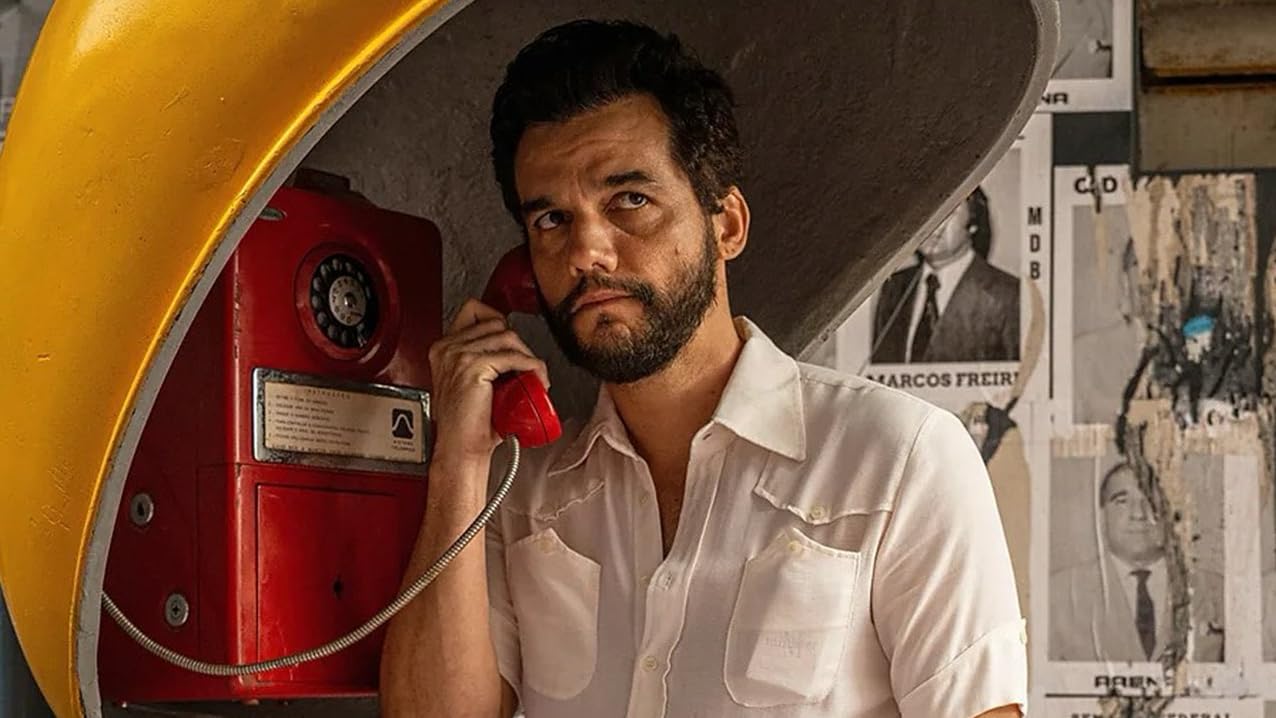Back in the 1980s, Lynda LaPlante’s Widows first aired on UK TV. It was a series that was ahead of its time, about four women who are thrust into a dangerous game and find the confidence to pick up where their husbands left off and pull off a heist. They’re not doing it for thrills, they’re doing it because they have no choice. What we see is a great journey of female empowerment. A rare message for the ’80s.
As a young man, Steve McQueen recalls watching the series and becoming enthralled by the show. He could relate to these women that most deemed incapable and judged on the basis of their appearances alone. And that’s where his inspiration began.
A chance meeting with Lynda LaPlante led to him learning the rights were available. Soon after he’d discovered Daniel Kaluuya at the Royal Court, and the pieces began to come together.
McQueen cast his Widows and set the story in modern-day Chicago to fit a new narrative. The end result is a rollercoaster thrill ride, as well as a deep commentary on the socioeconomic complexity of Chicago, politics, race, and women who find power through the situation they must face after the deaths of their husbands propel them with confidence to fend off any threat.
Widows gives us a heist film unlike no other. McQueen and I chat below about how he brought his Widows and film together.
When did your introduction to Widows begin?
Lying on the carpet, sitting in front of the TV and my hands propped up my head. I was just seeing these four women who were deemed not to be capable and judged for their appearance more than anything else. I was identifying with that because I was being looked upon in the same way. I loved how they transcended that stereotype and the journey that they were on was amazing. It was the thrill of how they accomplished the heist and also identifying with them.
When did you decide that you wanted this to be your movie?
Around 2011. That was the same time I saw Daniel Kaluuya at the Royal Court in Sucker Punch. I offered him the role even before he was in Get Out.
What was Hollywood’s reaction when you chose to make this film with this cast?
I have a very great relationship with New Regency and they were very supportive from day one and Fox came along. It was done in a very supportive environment to make this vision possible. Don’t forget, this was before #MeToo and before #TimesUp. I have to say, they were amazing.
You assembled your perfect cast. How did you cast your Widows?
I’ve worked with Francine Maisler on some pictures. Cynthia Erivo was on Broadway and she hadn’t made a movie before. But I thought she was amazing and she was Belle. Viola Davis came on and she was absolutely Veronica. With Elizabeth Debecki, I had never seen her in anything. I brought her in for an audition and saw this woman and thought, “Wow.”
Michelle said no to me at first. I met her and we got on like a house on fire. She is amazing.
They all are. It was amazing to see her do something so different and see this side of her.
Michelle said no because the character reminded her so much of her mother. Because it did that, she brought so much of that history to the role and she was incredible because of that.
What about getting the rights to the film. Talk about how you worked with Gillian.
In 2003, I actually met Lynda LaPlante. The Queen had invited some people to a private gathering at the palace. I went up to her and said, “My name is Steve McQueen. Whatever happened to your series, Widows and who has it?” She told me she sold it to Disney.
New Regency went after it and got it for me. After that, it was all about location and Chicago was where I wanted to set it.
It was always about setting this in a heightened and contemporary city, and that to me was Chicago. It dealt with race, politics, policing, economics and religion.
After that, I said I wanted to work with Gillian Flynn. I asked her, and thank God she loved the story and we got on like a house on fire. We became like two guitarists. After a while, you can’t tell who is playing what note. I think collaborations either do work, or they don’t. I’m very happy and this was a joy.
You worked with Joe Walker here and I love talking about your collaboration together. What did you both discuss about the opening scene?
That was written. I liked the idea of cutting in and out of atmospheres. It’s saying a lot in a short amount of time. You’re getting to know the characters as such, then you cut to the heist and you’re getting this understanding of what happened and who they are. Once the train leaves the station, you go, things happen in the carriages and we move on.
Joe, in that, was in the rhythm of cutting back and forth. The sound here is also important because you hear the heist and the wheels screeching on the concrete, and the next scene, you’re in a domestic setting. As the two things happen at the same time, you’re being pulled into this narrative and you’re finding who these characters are.
What Joe has – he’s a musician – is this amazing ability to know when to go in and to go back out. He makes it feel natural so you don’t bump. If it bumps, you know. You don’t know how you know, but you just know.
I’m grateful that we’ve known each other so well. We also grew up in the same neighborhood.
I think we had some amazing scenes. It’s about how you make the movie and how you talk about the city. How do you amalgamate all of these things and make a narrative? You have to make it work as a narrative. For me, you had to go back to the women. I didn’t want to have blinkers on while making the story. I didn’t want to have a situation where I didn’t look at where this was taking place and why? All these things add up to the moment in time where these women have to do this heist. It’s a pressure cooker. Dealing with all these aspects was very important.
I took our fiction and seeped it in the reality of contemporary Chicago. Having the balance was very important. It’s about the craft. It’s storytelling. When you see The Godfather, it’s all about that craft.
How did you strike that balance between the men and the women?
It’s the environment that one finds themselves in. Often, one will find themselves in an environment where men are the dominant gender and in a position of power. It’s one of the things that I wanted to portray that and how women are looked upon, some are not capable. Like Siobhan in Mulligan’s office. Other women are deemed by their appearance, like Elizabeth. Lukas Haas’ character and Alice have this weird love story in a way. She has seen something that is not there. She is looking for some kind of affection. People go back to where they start and what they know, and she’s doing that. In her journey, she realizes what’s taking place and she realizes that.
Let’s talk about your work with Sean Bobbitt and that relationship.
Sean, what he’s done is this extraordinary job. He always surprises me. You want that in a relationship. You want something surprising. You turn up looking for ideas and he’s always done that.
Think of the car journey. I had this idea of a one-shot thing. Sean put the camera on the roof. I knew I wanted to portray the journey and Sean came up with the placement.
On the subject of journeys, is the journey the characters go on.
The thing about these characters they all find themselves back at the position they started. They’re dealing with their grief.
But then, you have that end scene. It spoke so much.
Yes. Yes. Yes. It took a long time. It’s about balance. Filmmaking is a craft. You think of The Godfather. If you want to get that narrative into your film. To find that end was interesting. I didn’t have the tip of the tale so we worked on that to get it right. The audience deserves it. It’s a rollercoaster of a ride. You want to give them a catharsis. We need it.






